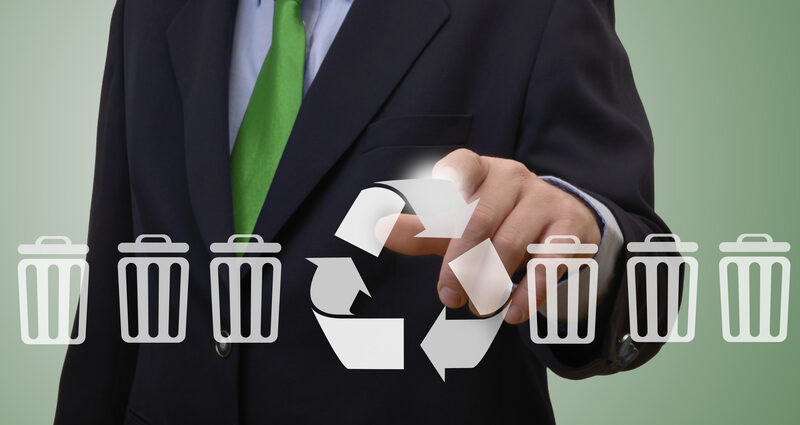Compliance with e-waste disposal, recycling, and environmental regulations is crucial for responsible and sustainable practices in today’s global business landscape. The regulatory Waste Electrical and Electronic Equipment (WEEE) directive is a vital framework addressing the environmental impact of electronic products. However, businesses must understand the WEEE regulatory landscape and effectively employ strategies that enhance compliance strategies.
Recycling experts come in handy in providing insights that guide companies in meeting obligations, fostering responsibility, and contributing to environmental stewardship in the dynamic regulatory environment. The article explores essential legal tips for businesses to navigate WEEE regulations adeptly.
-
Understand the Applicability and Scope of WEEE Regulations
Understanding the applicability and scope of WEEE regulations is paramount for businesses to ensure compliance and fulfill producer responsibility. It involves a comprehensive grasp of the Weee directive, considering factors such as product types, categories, and jurisdictions. Businesses must identify whether their products align with the defined electrical and electronic equipment categories under the regulations.
That helps determine registration requirements, waste collection targets, and adherence to extended producer responsibility. Engaging an expert recycling service provider is instrumental in navigating this complexity, as they can offer insights into regulatory nuances, guide compliance strategies, and facilitate the integration of sustainable practices in line with producer responsibility. Thorough knowledge of the WEEE Directive’s scope is crucial for businesses striving to meet legal obligations and contribute to environmental sustainability.
-
Register Adequately and Timely
Registering adequately and promptly under WEEE regulations is critical for businesses navigating producer responsibility as a manufacturer, distributor, or importer. It entails confirming registration requirements in the relevant jurisdiction and ensuring prompt and complete registration with authorities.
The registration process involves providing essential details about the business, such as product types and quantities placed on the market. Keeping registration details current and being mindful of renewal requirements is crucial.
An expert recycling service provider helps guide businesses through the intricacies of registration, ensuring compliance and facilitating timely renewals. The collaboration ensures businesses meet legal obligations, contribute to a circular economy, and uphold environmental sustainability.
-
Implement Robust Record-Keeping Systems
Implementing robust record-keeping systems is integral for businesses adhering to WEEE regulations. A comprehensive record enhances the tracking of quantities and treatment methods of waste electrical and electronic equipment (WEEE). It entails capturing data detailing the entire life cycle of products, from production to disposal.
Expert recycling service providers play a vital role in guiding businesses in maintaining an accurate record, ensuring adherence to legal requirements by demonstrating compliance during regulatory audits, and meeting reporting obligations.
Further, recycling experts are pivotal in assisting businesses to navigate and address glossary concerns effectively. By providing guidance on industry-specific terminology and ensuring clarity in documentation, these experts help companies avoid misinterpretation of crucial information relating to sustainable waste management practices and regulatory compliance.
-
Stay Informed and Adapt to Changes
Staying informed and adapting to changes in WEEE regulations is crucial for businesses to ensure ongoing compliance and environmental responsibility. It involves regularly monitoring updates and modifications in the legal landscape, including changes in law, regulations, and technology related to electronic waste. Businesses must consider evolving requirements, new targets, and any alterations to the covered product scope.
A reliable recycling service provider adept in producer responsibility is pivotal in offering insights into regulatory nuances, advancements in recycling technologies, and best practices for adapting compliance strategies. The proactive approach ensures businesses remain current with legal requirements, contribute to sustainability, and effectively navigate dynamic regulatory environments.In conclusion, businesses engaged in WEEE must remain legally vigilant on WEEE directives, commencing with mandatory registration, adapting to regulatory shifts, and advocating responsible e-waste disposal. However, partnering with a recycling expert is indispensable for navigating the intricacies of producer responsibility, guaranteeing steadfast compliance, fostering environmental sustainability, and steering clear of legal pitfalls in the ever-evolving landscape of electronic waste regulations.

